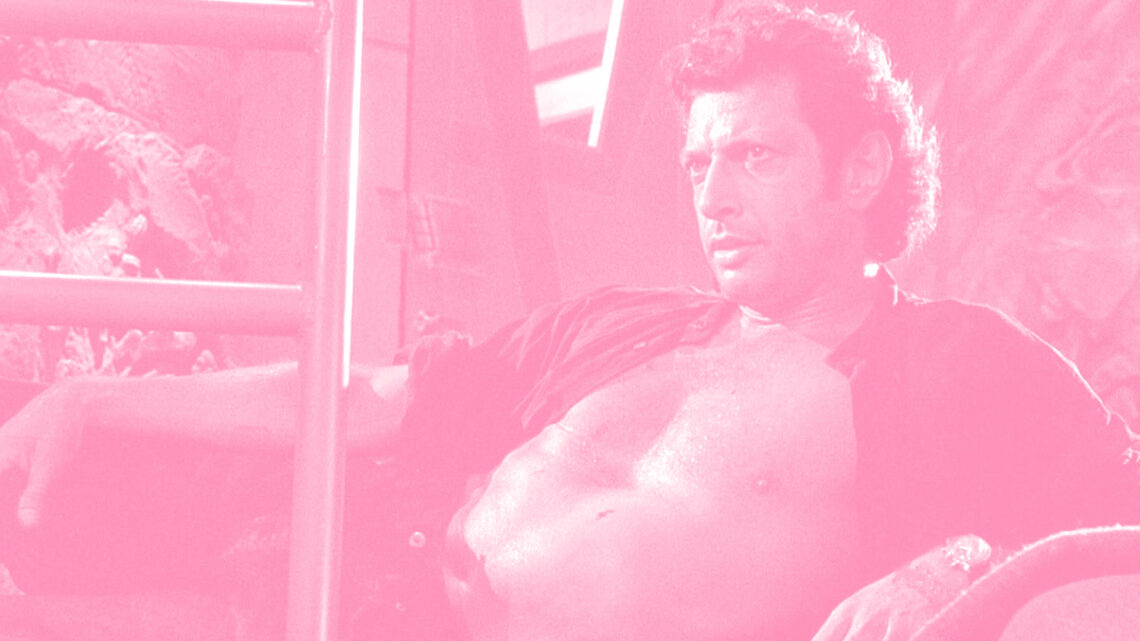We are living in an age where having a penchant for the past is increasingly worn as a badge of pop culture honor. Who hasn’t reminisced about the films seen in one’s youth and uttered a phrase along the lines of “they don’t make ‘em like they used to”? As a child of the late 80’s I myself will look back fondly on the weekends my dad, unsure what to do with me after the divorce of my parents, placed me in front of the shelves of our local video store with the absolute freedom to pick whatever I wanted to see. The nightmare fuel I tanked from seeing Sam Raimi’s Evil Dead, John Carpenter’s Halloween or witnessing Chucky’s and Freddy’s murderous rampaging in the Child’s Play and A Nightmare On Elm Street franchises at far too young an age, shaped my love for cinema and what it can do. Of course my nostalgia for those days isn’t solely tinged by 80’s horror films, but at such an early age the horrific does tend to leave the most indelible of marks.
During the 17th to 19th century nostalgia was considered a serious psychopathological disorder requiring rather dubious methods of cure. Swiss physician Johannes Hofer coined the term in his 1688 medical dissertation, from the Greek nostos, or homecoming, and algos, meaning pain. The disease was similar to paranoia, except the sufferer was manic with longing, similar to melancholy, except specific to an object or place.
We have to be thankful psychology now looks at the phenomenon differently otherwise the entire film industry would have to be put into a sanitorium for life. For nostalgia – sometimes flashily concealed under the guise of ‘retro’ – is rampant in the Hollywood system. Rehashing old ideas or remaking films has always been in the bloodstream of both filmmakers and productions studios – Carpenter’s The Thing and David Cronenberg’s The Fly two praiseworthy examples and Gus van Sant’s shot-for-shot remake of Psycho being a severely dubious one – but as of late it seems more widespread than ever before. From the seemingly endless string of comic book movie adaptations to various reimaginings of the very horror films I watched as a child, the critique that the film industry is running out of ideas is getting louder and louder. From a commercial standpoint one could argue that this tendency to rehash, revamp or ‘update’, let’s say, the entire body of work of Stephen King or Clive Barker, is a great way of getting bums on seats as we already have a connection with these materials. We’ve all been to the Overlook Hotel before, we all remember Pennywise The Clown lurking in the sewer, and we’ve all looked in the bathroom mirror saying Candyman, Candyman… And even if Michael Jordan is replaced by LeBron James to sink a hook into Generation Z, and I do my best to tell myself I should never go see it, I still couldn’t restrain my nostalgia once the trailer for Space Jam: A New Legacy dropped this month. Nostalgia is one hell of a drug.
But even if ‘retro’ has replaced ‘renaissance’ and, like Hugo put it rather eloquently recently, mainstream filmmaking can sometimes feel like a calzone of familiar ideas being folded on top of each other over and over again, we shouldn’t condemn our personal sense of nostalgia, for the films that we remember so longingly, and in some cases rather naively, helped shape who we are as grown ups. Looking back at my childhood one director stands out as having the biggest impact on my nostalgia to come and that is of course Steven Spielberg. After scaring an entire generation out of the waters two decades earlier, the American director of other sentimentality drugs like E.T. The Extra-Terrestrial and the Indiana Jones series, would in 1993 forever convince me that a velociraptor can easily open a steel door with its sharp claws. “Clever girl.” Jurassic Park remains a masterpiece of 90’s Hollywood filmmaking with its childhood wish fulfillment premise, groundbreaking blend of CGI-special effects and animatronics, thrilling roller coaster-like action set pieces, that iconic score by John Williams and the most memorable Jeff Goldblum laugh in cinematic history. It’s a story about a wealthy businessman who, inspired by his own case of ultimately naive nostalgia, builds a wildlife theme park filled with previously extinct dinosaurs, and can be read as a cautionary tale about what might happen when you bring the (very distant) past into the present. Therefore it’s an excellent starting point for a conversation about nostalgia and nightmares, sequels and remakes, retro and rehash and the question if we can ever truly escape our past. So like Samuel L. Jackson’s character would say: “Hold onto your butts!”

